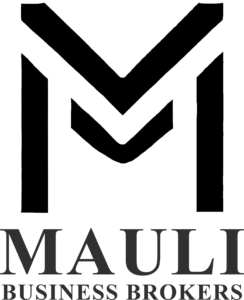Business valuation is an essential step when selling your company. Understanding how valuations are calculated helps you set a realistic price and better negotiate with buyers. Here are the key methods and best practices for valuing your business:
1. Market Value Approach
This method compares your business to similar businesses in the same industry that have recently been sold. It’s similar to how real estate is valued based on comparable sales. This is often used for smaller businesses.
2. Income-Based Valuation
An income-based valuation looks at your company’s income and uses it to determine future earning potential. The most common methods are:
- Discounted Cash Flow (DCF): Future cash flows are projected and discounted back to their present value.
- Capitalization of Earnings: This method divides current earnings by a capitalization rate (reflecting the business’s risk).
3. Asset-Based Valuation
In an asset-based valuation, the focus is on the company’s assets minus liabilities. There are two types:
- Going Concern Approach: Based on the assumption the business will continue operating, it values assets at their fair market value.
- Liquidation Approach: If the business were to close, this method calculates the value of assets if sold off.
4. Rule of Thumb
Some industries have specific valuation rules of thumb based on revenue or earnings multiples. These benchmarks can be useful, but it’s important to also consider other factors like growth potential and market conditions.
5. Multiples of Earnings
Multiples of earnings use a formula to determine value based on your earnings. For example, a business might be valued at three times its annual EBITDA (Earnings Before Interest, Taxes, Depreciation, and Amortization).
6. Professional Valuation
Engaging a professional business valuator ensures an accurate and impartial assessment. They’ll consider various factors including market trends, financials, and the company’s competitive landscape.
7. Best Practices for Accurate Valuation
- Keep Detailed Financial Records: Buyers will want at least three years of clean, organized financial statements.
- Understand Market Trends: Research current industry trends to gauge where your business fits into the marketplace.
- Focus on Profitability: Buyers are more interested in businesses that are profitable, or have the potential to become profitable with the right strategy.
- Highlight Intangible Assets: Don’t forget to include intangible assets like your brand, intellectual property, or customer relationships.
- Prepare for Due Diligence: Buyers will want to conduct due diligence, so ensure all your legal and financial documents are in order.
By using the right valuation method and following best practices, you can arrive at an accurate business value, ensuring you’re in the best position when it’s time to negotiate a sale.





